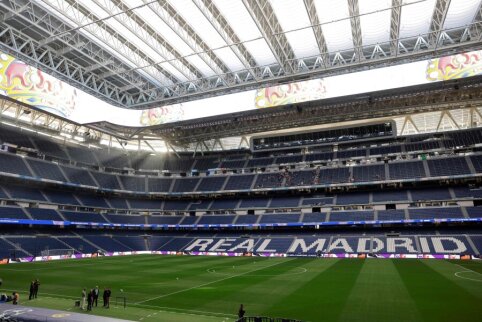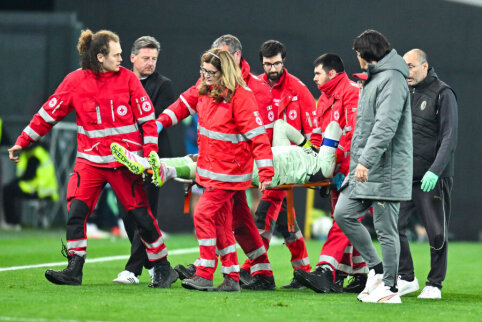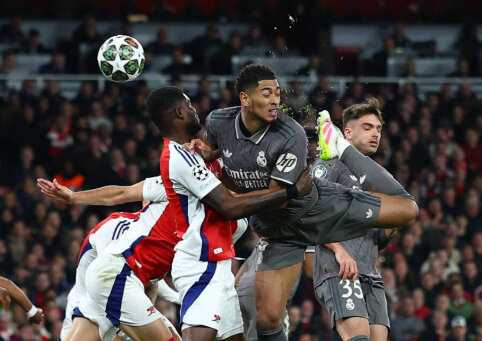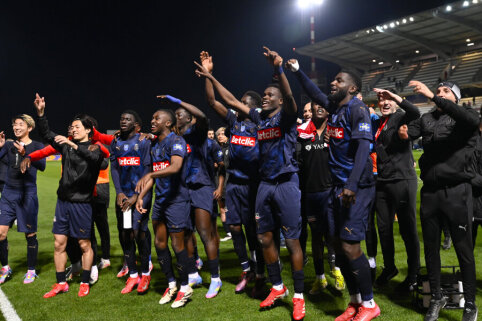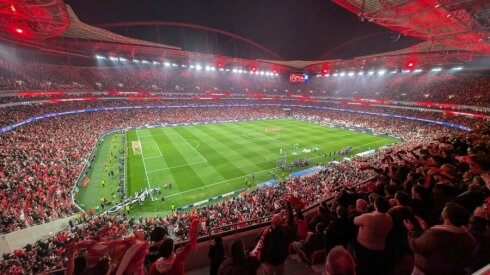 © EuroFootball.com
© EuroFootball.com
"EuroFootball.com" offers an article published by "Goal.com" about the Champions League referee Bjorn Kuipers who became known last week.
If on Tuesday morning of last week you asked a regular football fan if they had heard the name of referee Bjorn Kuipers, the answer would most likely be negative. However, if you asked the same person the next morning, you would most likely hear a "yes" - this referee became famous for controversial decisions in the Champions League quarter-final second leg match between Barcelona and Milan.
After a 0-0 draw in the first leg, the Italians went to Barcelona hoping to eliminate the tournament favorite, but ended up losing 1-3.
And few could argue with the decision to award a penalty to Milan after Luca Antonini fouled Lionel Messi. However, in the 41st minute, the Dutchman allowed Barcelona to take another penalty kick: Alessandro Nesta pulled Sergio Busquets' shirt in the penalty area before a corner kick was taken.
There was no shortage of talk about this 39-year-old referee. But do you know Kuipers and who he is? Why does he work the most important Champions League matches?
Kuipers is the son of a referee, so he has always been involved in football. Initially, he tried to play football himself and represented an amateur club called "Quick '20". Eventually, losing hope of making a name for himself as a player, he followed in his father's footsteps.
Truth be told, Kuipers did not devote his entire life to football: he obtained a higher education in business administration, is a co-owner of several large stores, and also runs a barbershop in his hometown of Oldenzaal.
However, Kuipers' main activity is refereeing - he is one of the most prominent referees in the Netherlands. After shining in his homeland, the specialist caught the attention of UEFA - at the highest level in Europe, he has been working since the beginning of 2009.
"It's amazing that UEFA values Bjorn so much, because referees are appointed based on their performances and level. The decision to appoint him for a match like the one between Barcelona and Milan says a lot," said Dick van Egmond, coordinator of referees at the Dutch federation.
He continued: "Referees work according to an intense program that teaches them to accept mistakes. That's why Bjorn is at that level. It may sound banal, but only a few have managed to rise so high."
Kuipers has not avoided controversial episodes in the past either. In November 2010, during a clash between Dutch giants Ajax and PSV, he did not notice Luis Suarez biting Otman Bakkal, even though he was standing right in front of them. PSV players were left seething.
Half a year later, he showed a red card to PSV defender Orlando Engelaar for not so rough foul, as his team lost to Feyenoord 1-3 and practically buried their hopes of battling for the league title.
The last time the referee was in the spotlight was in January 2012, when Feyenoord beat Ajax 4-2. Kuipers awarded a penalty for a foul on John Guidetti, although Jan Vertonghen did not touch him at all. Furthermore, during halftime, the referee allowed journalists into the dressing room and explained his decision in a live broadcast.
There has been no shortage of drama in European tournaments either - insults were exchanged after the 2010 match between Stuttgart and Barcelona (1-1), as well as during this season's Champions League round of 16 first leg match between CSKA and Real (1-1).
But UEFA has always stood by Kuipers, and the decision to appoint him to the quarterfinals perfectly illustrates that. The Dutchman is convinced that this does not happen for no reason.
"The fact that my colleagues support me says a lot. My phone doesn't stop ringing and I always receive praise," he said after Wednesday.
Kuipers is truly known for his ability to manage events on the field, be at the center of events, and not succumb to the pressure of fans, coaches, or players. And there will be no shortage of challenges in his career - he is one of the twelve referees who will work at the upcoming European Championship in Poland and Ukraine this summer.









